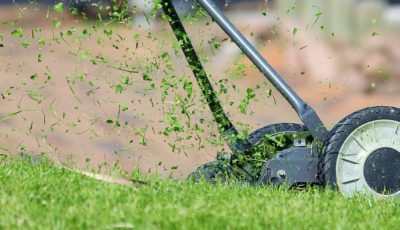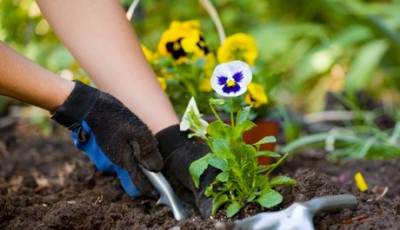How to Cut Down on Waste in Your Home
Americans are wasteful, and it’s easy to fall into bad habits when it comes to resource usage and trash. If you’re taking out the trash once every day and you find your trash bins filled to bursting each week, it’s time to consider the ways you can reduce your family’s daily waste. Keep these tips and strategies in mind and make a difference in your family’s waste.
Keep Your Produce Fresh
It’s a shame to let fresh produce go to waste, but it happens a lot more often than it should. It’s easy to forget about that pack of lettuce shoved in the back of the fridge and many of us often overbuy fresh fruits and vegetables when we head to the market. Learn how to store your produce for maximum freshness and longevity. There are a few easy tips you can follow to keep your bananas ripe and your lettuce crisp. Some fruits, including apples, tomatoes, and bananas, produce natural gases that can spoil other product items more quickly. Keep fruits like these separate from nearby produce. Another great tip? Keep your fruits and veggies away from your gas stove; natural gas can expedite ripening. One final quick tip: only cut your fruits and vegetables when you have to, because sliced produce spoils much quicker.
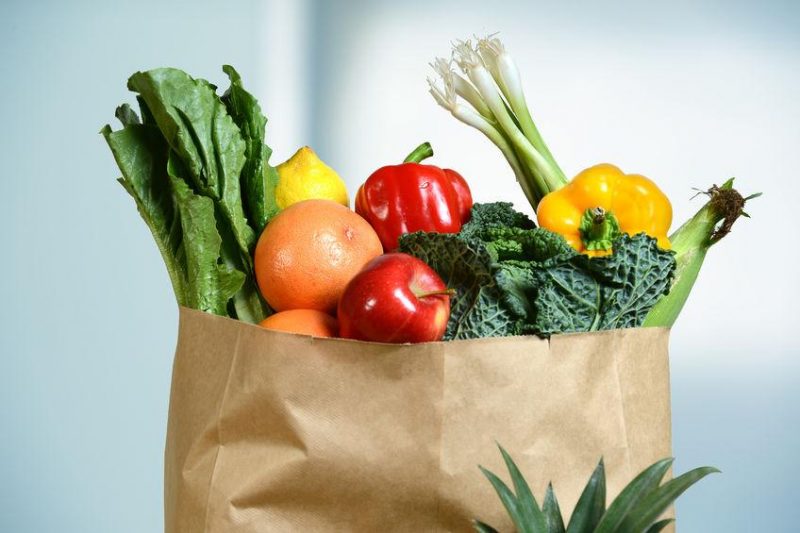
Utilize Reusable Bags
Do you come home with five or six plastic bags after every trip to the store? It’s time to cut down on plastic waste in your household and make the switch to plastic bags. It’s the way of the future: states like California now require store patrons to bring their own bags, or face paying 10 cents for every bag needed from store owners. Even if you don’t live in The Golden State, it’s a good idea to get used to the habit. Reusable bags cut down immensely on plastic bags waste, and consider this: almost 100,000 whales, turtles, seals, and varied marine animals die each year because of plastic bag pollution. Reusable bags can also help save trees, water, and gas—not to mention money if you do live in a state that’s started charging for bags at checkout. You can even find portable bags that include cooler features, to make sure your produce and ice cream stays as fresh as can be en route from store to home.
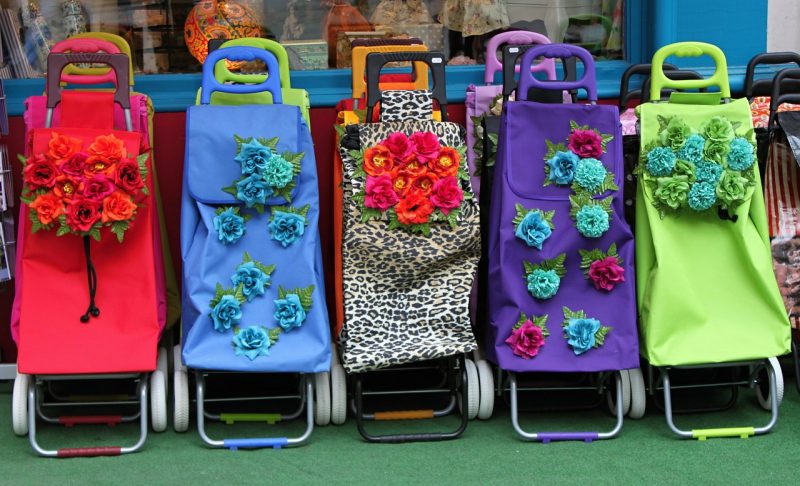
Practice Composting
You didn’t think you’d get through this article without seeing composting, did you? This concept may still seem a bit foreign in many American households, but composting is becoming more popular for a variety of reasons. It’s cost-effective, beneficial for the garden, and simple to procure.
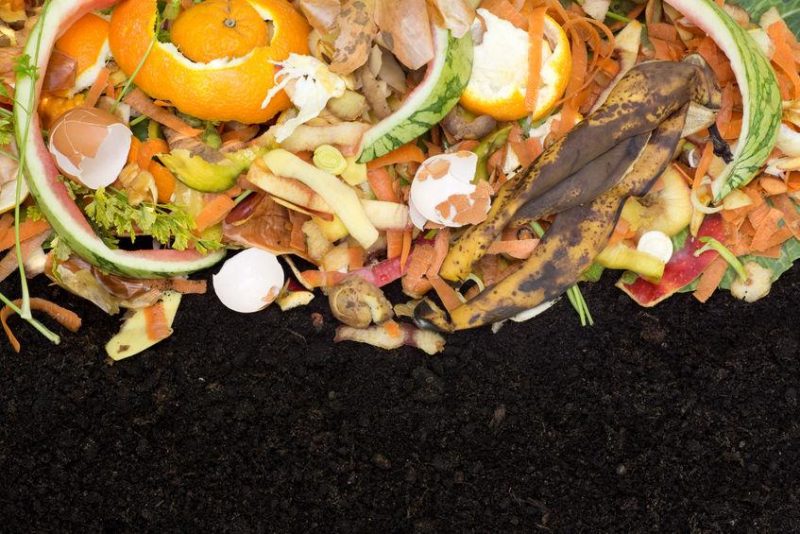
Swap Paper Products for Reusable Cloths
How much paper do you waste in a week? If you use paper towels and disposable Swiffer pads, the amount is likely larger than you expect. Make a switch to reusable cloths. In order to go paper-free, you’ll need to replace your paper towels, cleaning wipes, and paper napkins with cloth alternatives. Whether you buy microfiber towels or huck towels, you’ll find your paper costs and waste go down in one fell swoop. Check out TheUnPaperTowel.com to find great replacements.

Go Paperless
If you’re still paying your bills through paper statements, it’s time to shuck that waste to the curb and get started with online billing. In today’s world, modern companies offer their clients the option to receive and pay bills via email or online web portals. Choosing to go paperless means decreasing the waste that arrives in your mailbox and goes straight into the trash when you’ve paid.

Don’t Forget Water Usage
One of the most wasted products in American homes? Water. This is especially true in states struggling with the drought. Beyond taking shorter showers and turning off the sprinklers, there are bigger steps you can take to conserve precious water resources. One of the new ways homeowners are making the most of their water? Rainwater catchment systems. Gather the water falling from the sky and use it to keep your garden lush and vibrant, and stop wasting water. You’ll reduce your utility bill and be an integral part of the efforts to save water. Companies like Renovate America provide PACE financing for water-saving investments like these, meaning you can afford to start saving water immediately.

If you’re looking for ways to cut down on waste in your home, consider the strategies your family can employ in daily life. From rain catchment systems to cloth towels, there’s no limit to the ways you can make your home greener and slash waste in half.


